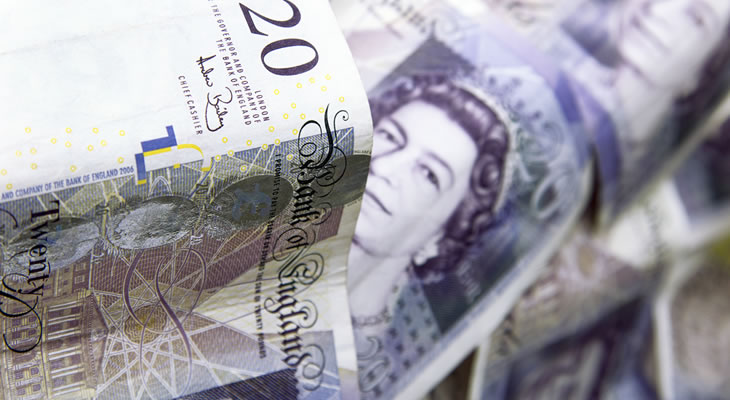Widening Wages to Inflation Gap could Bring Pound to Euro Exchange Rate Losses
The Pound has traded in a narrow range against the Euro on 16th February, ahead of high-impact UK earnings statistics.
Out on 21st February, the wage growth data may disappoint GBP traders who are looking for a reduction in the current wages to inflation gap.
This gap means that UK households continue to suffer from a restrictive wage squeeze, which may progressively worsen economic areas such as retail sales.
If the pace of average earnings remains unchanged as analysts predict, the Pound could lose ground to the Euro because of trader disappointment.
Fears about UK Recruitment Crisis after Brexit could Worsen GBP/EUR Exchange Rate
The Pound could also struggle to advance against the Euro in the coming months, if there are clear signs that the UK could face a Brexit-based recruitment crisis.
British Chambers of Commerce Director General Adam Marshall has issued a warning on this front, saying;
‘Amid all the uncertainty our businesses and communities face, the UK government must act swiftly to define an open and responsive immigration policy.
Businesses accept that, in future, there will be some form of registration for European workers, but they are equally clear that they must be able to access skills and talent from the European mainland with minimal costs, barriers and delay after Brexit.
[This must be] irrespective of the final settlement between the UK and the EU’.
Marshall’s concern is that with tighter restrictions to workers entering the UK, the country could take sustained losses as businesses struggle to fill positions.
If Brexit talks appear to be leading the UK down a restrictive, economically prohibitive path then the Pound to Euro exchange rate could steadily decline.
Are Euro to Pound Exchange Rate Losses ahead on Eurozone Confidence Data?
The Euro may lose its small advantage against the Pound in the coming week, if Eurozone consumer confidence data shows falling optimism as forecast.
Measures of economic confidence in Germany and the Eurozone will be out on 20th February, but in both instances experts have been predicting lower levels of optimism.
If the range of confidence readings out on the day all show worsening outlooks for the Eurozone economy, the Euro to Pound exchange rate could fall.
Slowing Eurozone Manufacturing Stats could Ensure EUR/GBP Exchange Rate Losses
The Euro may also be devalued by Eurozone economic activity readings in the coming week, which are predicted to show slower growth during February.
Flash estimates for the Eurozone manufacturing and services PMIs are tipped to show slight reductions in February, although not to the level of contracting activity.
The overall Eurozone composite PMI reading is also expected to be revised down for its initial reading, alongside German activity measures.
While slower activity might not be alarming in itself, falling PMIs combined with lower consumer confidence could combine to weaken the EUR/GBP exchange rate.


Comments are closed.